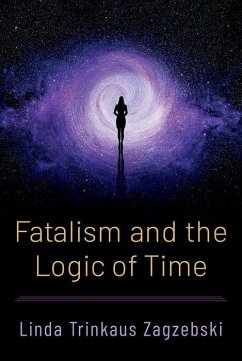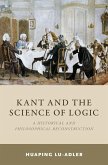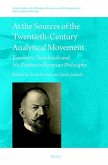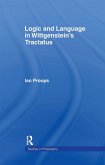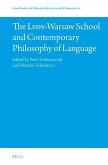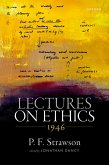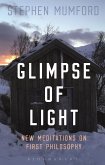In Fatalism and the Logic of Time, Linda Zagzebski examines two interpretations of the necessity of the past. One interpretation is the modal necessity of the past, and the other interpretation is the cause of closure of the past. She argues that the combination of the necessity of the past with the transfer of necessity principle is inconsistent with the truth of any proposition about the past that entails a proposition about the future. As such, the problem is much broader than fatalism. It is a problem in the logic of time. All arrows of time, as well as the arrows of physics, arise from the human experience of before and after -- but that experience does not itself require an arrow.
Bitte wählen Sie Ihr Anliegen aus.
Rechnungen
Retourenschein anfordern
Bestellstatus
Storno

